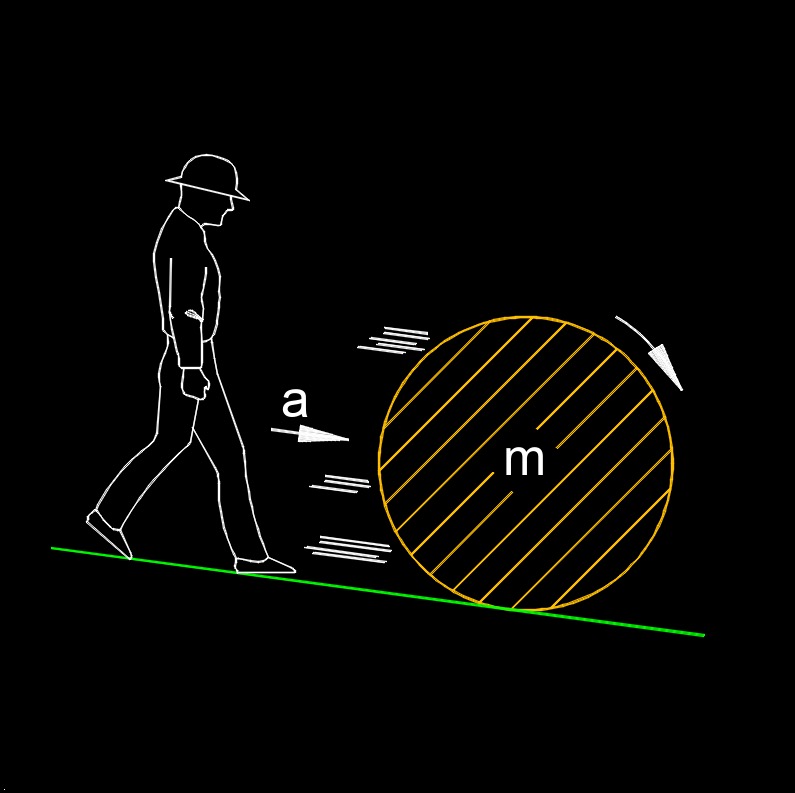Acceleration
Acceleration Formula |
||
|
\( a \;=\; \dfrac{ \Delta v }{ \Delta t } \) (Acceleration) \( \Delta v \;=\; a \cdot \Delta t \) \( \Delta t \;=\; \dfrac{ \Delta v }{ a } \) |
||
| Symbol | English | Metric |
| \( a \) = Acceleration | \(ft \;/\; sec^2\) | \(m \;/\; s^2\) |
| \( \Delta v \) = Change in Velocity | \(ft \;/\; sec\) | \(m \;/\; s\) |
| \( \Delta t \) = Change in Time | \(sec\) | \(s\) |

Acceleration, abbreviated as \(a\), is the rate at which an object’s velocity changes over time, describing how quickly it speeds up, slows down, or changes direction. It is a vector quantity, meaning it has both magnitude and direction, and it occurs whenever there is any change in motion, not just an increase in speed. Acceleration can be caused by forces acting on an object, such as gravity, friction, or applied pushes and pulls. In physics, acceleration is often calculated using the change in velocity over a given time interval, but in many cases it is treated as continuously varying, depending on the situation. Overall, acceleration provides a measure of how an object’s movement is evolving as time progresses.
- See Article - Acceleration Conversion

